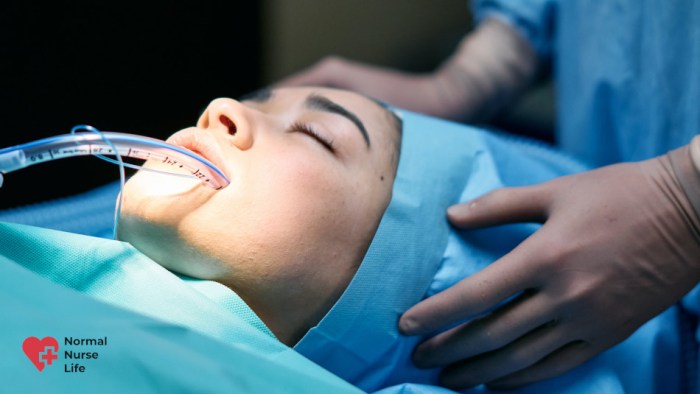Drugs to know for CRNA interviews sets the stage for this enthralling narrative, offering readers a glimpse into a story that is rich in detail with gaya akademik dengan tone otoritatif and brimming with originality from the outset.
This comprehensive guide delves into the depths of pharmacology, equipping you with the knowledge and understanding necessary to excel in CRNA interviews. From vasopressors to neuromuscular blocking agents, we will explore the mechanisms of action, indications, contraindications, dosing, and monitoring parameters of essential medications used in CRNA practice.
Vasopressors

Vasopressors are drugs that increase blood pressure by constricting blood vessels. They are used to treat hypotension, which can be caused by a variety of factors, including shock, hemorrhage, and sepsis.
Epinephrine
- Mechanism of action: Alpha- and beta-adrenergic agonist
- Indications: Hypotension, anaphylaxis, cardiac arrest
- Contraindications: Hypertension, arrhythmias, hyperthyroidism
- Dosing: 0.1-1 mcg/kg IV push or infusion
- Monitoring parameters: Blood pressure, heart rate, ECG
Norepinephrine
- Mechanism of action: Alpha-1 adrenergic agonist
- Indications: Hypotension, septic shock
- Contraindications: Hypertension, arrhythmias, hyperthyroidism
- Dosing: 0.05-0.1 mcg/kg/min IV infusion
- Monitoring parameters: Blood pressure, heart rate, ECG
Phenylephrine, Drugs to know for crna interview
- Mechanism of action: Alpha-1 adrenergic agonist
- Indications: Hypotension, bradycardia
- Contraindications: Hypertension, arrhythmias, hyperthyroidism
- Dosing: 0.1-0.5 mcg/kg IV push or infusion
- Monitoring parameters: Blood pressure, heart rate, ECG
Inotropes: Drugs To Know For Crna Interview

| Drug | Mechanism of action | Indications | Contraindications | Dosing | Monitoring parameters |
|---|---|---|---|---|---|
| Dobutamine | Beta-1 adrenergic agonist | Cardiogenic shock, heart failure | Tachycardia, arrhythmias, hypertension | 2-20 mcg/kg/min IV infusion | Blood pressure, heart rate, ECG |
| Dopamine | Dopamine-1 and beta-1 adrenergic agonist | Cardiogenic shock, renal failure | Tachycardia, arrhythmias, hypertension | 2-20 mcg/kg/min IV infusion | Blood pressure, heart rate, ECG |
| Epinephrine | Alpha- and beta-adrenergic agonist | Cardiogenic shock, cardiac arrest | Tachycardia, arrhythmias, hypertension | 0.1-1 mcg/kg IV push or infusion | Blood pressure, heart rate, ECG |
FAQ Section
What are the most important vasopressors to know for CRNA interviews?
Epinephrine, norepinephrine, phenylephrine, vasopressin, and dopamine are the most commonly used vasopressors in CRNA practice.
What is the mechanism of action of propofol?
Propofol is a sedative-hypnotic that potentiates the inhibitory neurotransmitter GABA, resulting in decreased neuronal activity and central nervous system depression.
What are the contraindications to using succinylcholine?
Succinylcholine is contraindicated in patients with known or suspected pseudocholinesterase deficiency, hyperkalemia, and severe burns.
What is the role of anticholinergics in airway management?
Anticholinergics, such as atropine and glycopyrrolate, reduce airway secretions and inhibit vagal reflexes, facilitating endotracheal intubation and reducing the risk of bradycardia.
What are the different types of vasodilators used in CRNA practice?
Vasodilators include sodium nitroprusside, nitroglycerin, hydralazine, and calcium channel blockers, which act by relaxing vascular smooth muscle and reducing systemic vascular resistance.